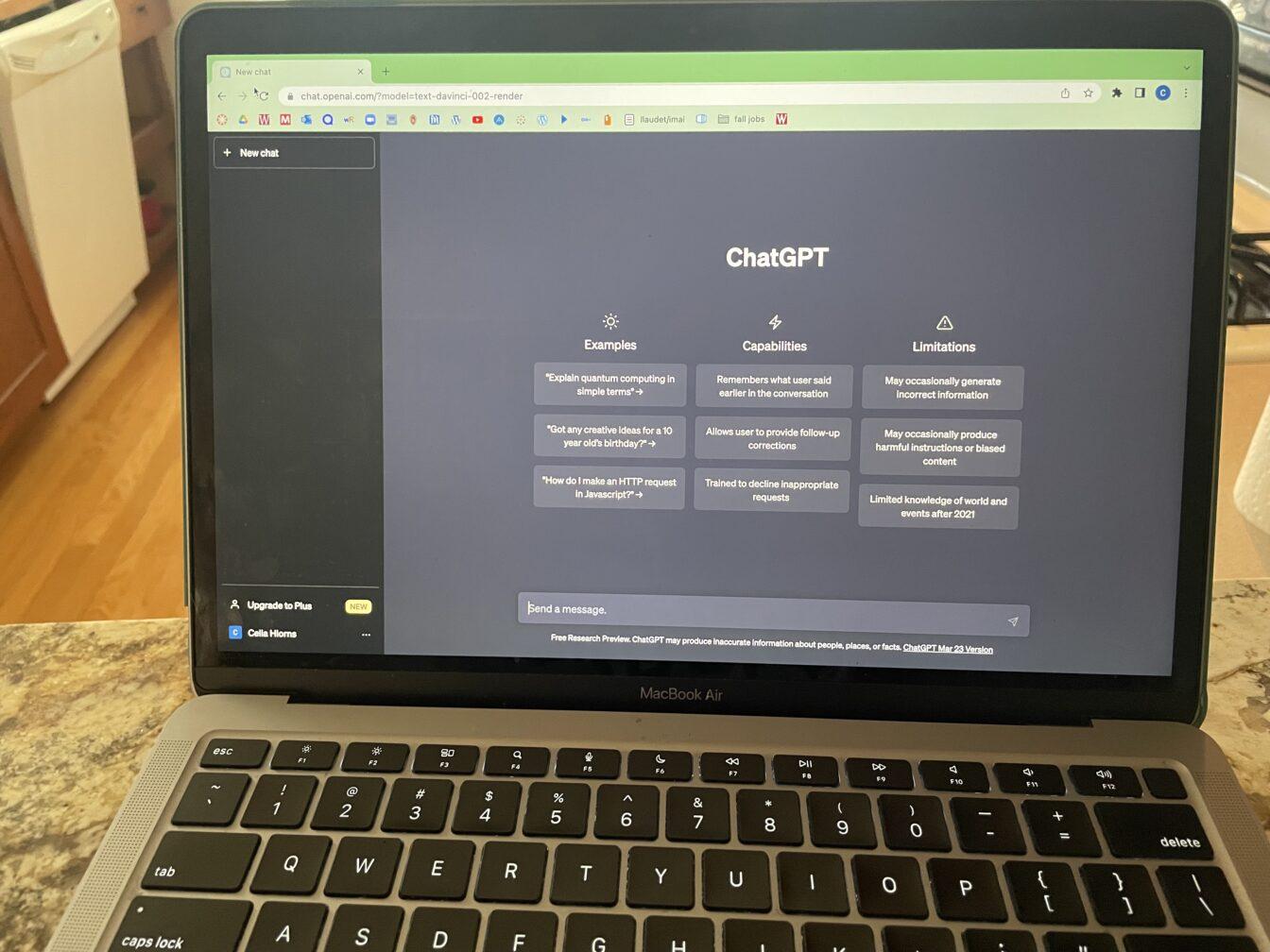With a title like “Wisconsin Works for Everyone,” one should immediately be skeptical about it working for anyone. Gov. Scott Walker’s new initiative, unsurprisingly, does not work for everyone.
Under the plan, parents could see their food stamp benefits cut if they do not work more than 80 hours per month. This type of law has been in effect for childless adults since April 2015 and since then, about 21,000 able-bodied food stamp recipients have found work, and about 64,000 have lost their benefits.
Punishing struggling families with public assistance cuts is not only counterproductive but hurts thousands of children across Wisconsin. This plan demonstrated cause for concern even when it only affected childless adults, and the implications for the potential damage it could do to families is even more distressing.
This legislation is just another insight into the complete hypocrisy of the office of Walker, who hands out millions in tax breaks to wealthy corporations with no strings attached while benefits for poor families are slashed time and again.
The plan is also set to include the possibility of drug-testing welfare recipients, which has been proven to cost more money than it saves and pushes those who most need benefits further into poverty. The numbers speak for themselves — in states where this policy was enacted, the number of people on public assistance using drugs was marginal. In Florida, for example, only 2.6 percent of the applicants tested positive for drug use. In addition, the most common drug used was marijuana, not hard drugs such as heroin or methamphetamines.
In Tennessee, another state with a drug testing policy, only 1 of the 800 people who applied for welfare tested positive. According to the 2014 National Survey on Drug Use and Health, about 1 in 10 of the general population aged 12 and older had used illicit drugs in the last month.
Although Walker claims this plan would only take away benefits from parents, and not adversely affect their children, it is impossibly vague and therefore impossible to know. Sen. Lena Taylor, D-Milwaukee, fears the plan “lacks details” and does not provide answers for how a cut to the total benefits a family receives will not affect the children.
Stacy Dean, for the Center for Budget and Policy Priorities, specializes in food assistance programs. Her concern is parents may be disqualified from Food Share if they struggle to find a job, so Wisconsin must be prepared to supply job openings to all parents who need them.
Walker’s plan involves a potential change in federal law and could potentially kick parents off Food Share if they can’t find a job on their own. With a unified Republican government this remains a possibility.
“It would be unprecedented,” Dean said.
Sen. LaTonya Johnson, D-Milwaukee, called Walker’s plan “morally unfair and unjust.”
“We must treat people with dignity and respect and provide them with real opportunities if we actually want to improve crisis-level poverty in Wisconsin communities and across our nation,” Johnson said.
Though Walker’s plan has a flashy name, similar programs have shown nothing resembling a lift out of poverty for low-income individuals and families. Programs which cut public assistance benefits inevitably hurt more people than they help and drive those in most dire need further into poverty. The government must first take responsibility for its citizens by creating an economy that works for everyone instead of focusing our taxpayer dollars on gutting and warping programs designed to help those who most need it.














